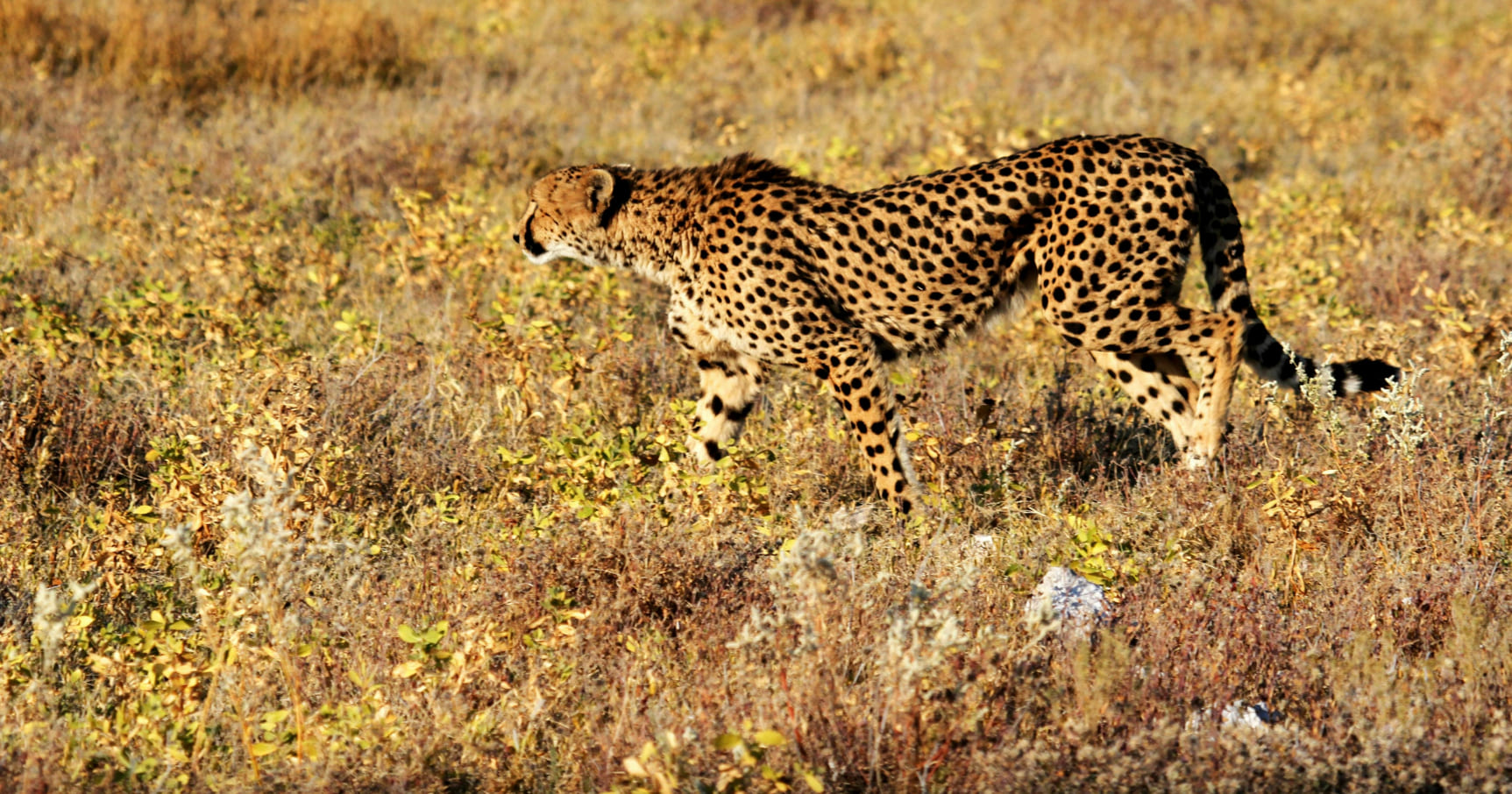
Zoos and Their Role in Protecting Wildlife
Zoos have evolved far beyond being simple attractions where people come to see exotic animals. Today, they are centers of conservation, education, and research, playing a vital role in protecting wildlife and fostering a deeper connection between humans and nature. By offering safe environments for animals and raising awareness about the challenges they face, zoos contribute significantly to preserving biodiversity and ensuring a future for many species.
A Sanctuary for Endangered Species
One of the most important roles of modern zoos is providing a refuge for endangered animals. Many species, such as the Amur tiger, black rhino, and golden tamarin, face extinction in the wild due to habitat destruction, poaching, and climate change. Zoos act as lifelines for these species, offering safe spaces where they can live, breed, and thrive away from the threats of the outside world.Through carefully managed breeding programs, zoos maintain genetic diversity, which is essential for the survival of species. In some cases, these programs lead to successful reintroductions into the wild, helping to restore natural populations.
Education and Public Awareness
Zoos serve as educational hubs, teaching visitors about wildlife and the importance of conservation. By providing up-close encounters with animals, zoos inspire people of all ages to appreciate and protect the natural world. Interactive exhibits, talks, and guided tours highlight the challenges animals face, such as habitat loss, climate change, and human-wildlife conflict.Education is a powerful tool for change, and zoos play a critical role in fostering a sense of responsibility toward preserving biodiversity. For many, a visit to the zoo is their first opportunity to see and learn about wildlife, sparking a lifelong interest in conservation.
Research and Scientific Contribution
Zoos are not only homes for animals but also centers for research. Scientists working in zoos study animal behavior, health, and reproduction, gaining insights that can be applied to conservation efforts in the wild. Research conducted in zoos helps improve breeding programs, refine veterinary care, and develop strategies for managing endangered populations.Additionally, zoos collaborate with conservation organizations, universities, and governments to address global challenges, such as combating wildlife diseases, mitigating human-wildlife conflict, and restoring habitats.
Preserving Ecosystems and Biodiversity
Zoos contribute to ecosystem preservation by supporting in-situ (on-site) and ex-situ (off-site) conservation programs. In-situ programs involve protecting animals in their natural habitats, often through funding reserves, anti-poaching patrols, and community outreach initiatives. Ex-situ programs focus on maintaining species in captivity while working toward their eventual reintroduction into the wild.By protecting species in zoos, we also protect the ecosystems they are part of. Each species plays a unique role in its environment, and zoos help ensure that these roles are not lost.
Challenges and Ethical Considerations
While zoos have made significant strides, they are not without controversy. Critics argue that keeping animals in captivity can restrict their natural behaviors and impact their well-being. To address these concerns, modern zoos have prioritized creating habitats that mimic the natural environments of their residents, offering enrichment activities and larger spaces.Ethical zoos focus on the welfare of their animals, emphasizing conservation and education over mere entertainment. By adhering to these principles, zoos demonstrate that their mission is rooted in protecting wildlife rather than exploiting it.
Inspiring a Connection with Nature
Zoos provide a bridge between people and the natural world. For many, seeing a tiger’s powerful stride, hearing a lion’s roar, or watching a playful penguin up close creates an emotional connection that fosters empathy and a desire to protect wildlife. These moments of connection are invaluable in cultivating a generation of conservation advocates.Zoos play an indispensable role in preserving wildlife, educating the public, and advancing scientific knowledge. As habitats shrink and species face increasing threats, the importance of zoos as centers of conservation and education has never been greater. By supporting ethical zoos and their initiatives, we contribute to a global effort to protect the incredible diversity of life on Earth. Together, we can ensure that future generations inherit a world rich with the beauty and wonder of wildlife.

